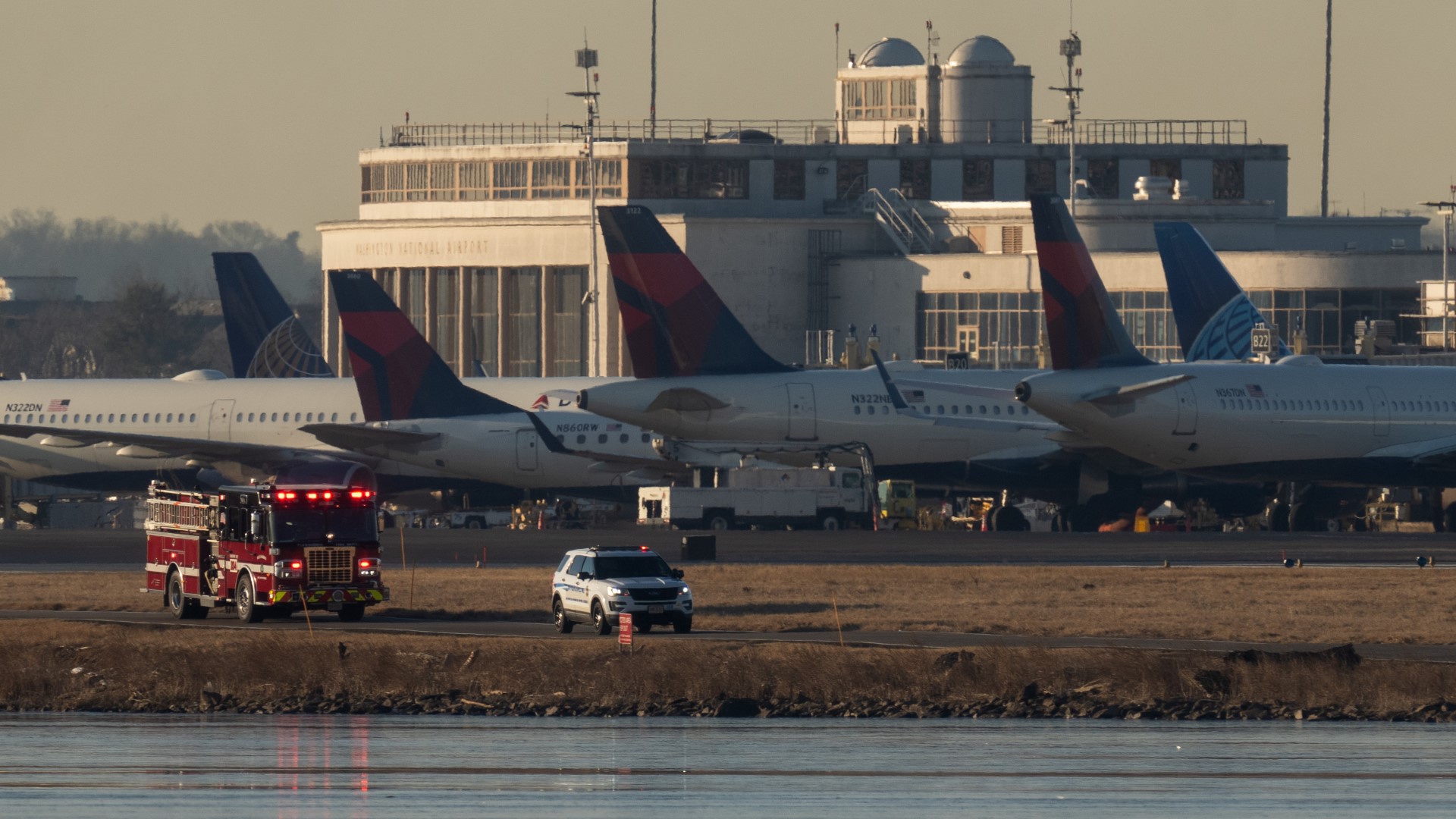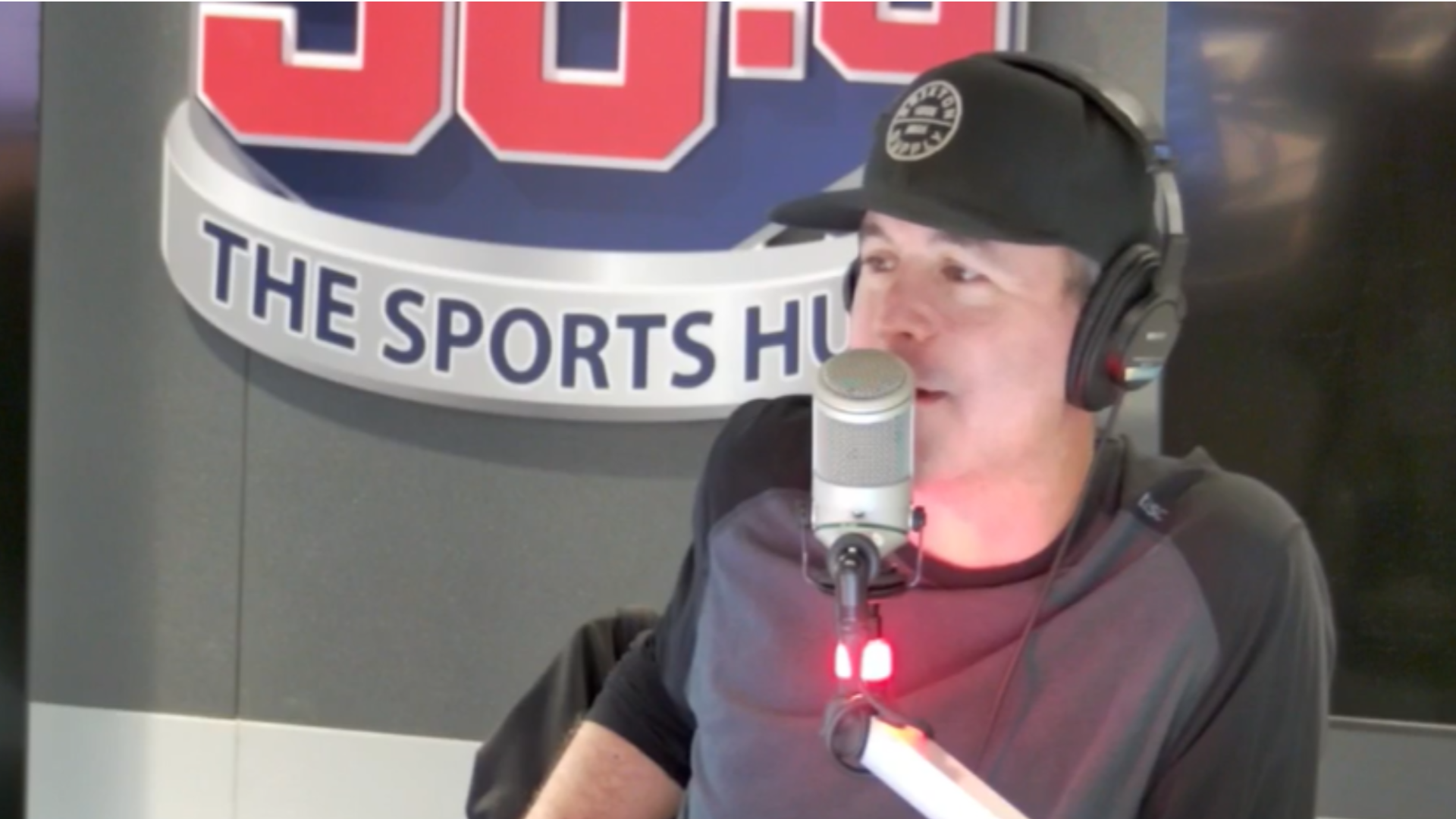Few of us actually want to have the weight of a perfect game on our
shoulders, as Jim Joyce did in Wednesday night’s Tigers-Indians game.
But when calls are blown as badly as that one, we aren’t afraid to
voice our displeasure, disgust and disappointment.
In light of the perfect game that could have been, here are the top 10
worst calls in sports history. Ranging from miscalls to mis-hears, all
of them have one thing in common: there’s no way they’re right.
10. Tuck Rule: Right Call, Wrong Explanation
You know what happened here. The Raiders were up late in snowy Foxboro
in the AFC Divisional playoffs as the Patriots were driving. Tom Brady
wound up to throw, but as Charles Woodson sprinted in from the edge
and hit Brady’s arm, the quarterback returned the ball to his body. The
ball was jarred loose, and Oakland pounced on the pigskin, sending the
Silver and Black into pandemonium.
But referee Walt Coleman says not so fast. "After reviewing the play, the
quarterback’s arm was moving forward, and the result of the play was an
incomplete forward pass."
Patriots ball. Patriots win. Patriots go on to become Super Bowl
champions. The rulebook has it right — if the quarterback brings his
arm forward in a passing motion, but then changes his mind and tries to
keep hold of the football rather than making a pass, it is still
considered a forward pass —
but Coleman had it wrong. The contest now forever known as The Tuck Rule
Game still has fans scratching their heads to this day.
9. Thanksgiving Day Coin Flop
While "heads" and "tails" sound different to most of us, referee Phil
Luckett had trouble telling the difference. The Detroit Lions and
Pittsburgh Steelers met at midfield for an overtime coin flip on
Thanksgiving Day in 1999, and with hundreds of thousands of
turkey-stuffed football fans watching, Luckett flubbed the coin flip.
Jerome Bettis called "tails," but the ref heard "heads." When the coin
came up tails, he awarded the Lions the ball, despite angry protests
from the Pittsburgh captains and bench. The Lions took the wrongful
opening possession down the field for a score to win the game. Now if the NFL had the
college playoff system, this wouldn’t even be an issue — but that's an
argument for another story.
8. Before There Was Bartman …
… there was Maier. Twelve-year-old Jeffrey Maier reached over the
right-field wall and caught Derek Jeter’s long fly ball, preventing
Orioles right fielder Tony Tarasco from making the play. The right call
rules it a ground-rule double, but in 1996, umpire Rich Garcia ruled it
a game-tying homer, not seeing any sign of fan interference. The
Yankees went on to win the game in the 11th inning (this time without a
fan’s assistance), and eventually the World Series. The baseball world
blames the Cubs’ continuing championship curse on Steve Bartman, but
Orioles fans give Maier plenty of flak for their current 27-year
drought, too.
7. Hull Toes the Line
It was an incredible series between the Dallas Stars and Buffalo Sabres
in the 1999 Stanley Cup Finals. It was an incredible Game 6, with the
game entering triple overtime and Dallas up 3-2 in the series. But it
was an unfortunate finish. Brett Hull put the puck past Dominik Hasek
for the game-winning and Stanley Cup-clinching goal — with his skate
in the crease. At
the time, an attacking player's skate was not allowed to be in the
crease unless the puck was in the crease already. Hasek gave up a
rebound on Hull’s initial shot, sending the puck just outside the
crease. As Hull kicked the puck to his stick, his foot entered the
crease just before he ripped the game-winner. Even with a video review,
the goal was upheld (officials ruled that no change of possession had
been made, allowing the skate in the crease), and the Sabres lost it.
In more ways than one.
6. Ed Hochuli Gives Jay Cutler a Mulligan
The Denver Broncos won a thrilling, 39-38 victory over San Diego with a
heaping pile of thanks to Ed Hochuli on Sept. 14, 2008. With the
Broncos on the goal line late in the game, Jay Cutler rolled out to his
right and aimed to fire a pass on the run — except the ball slipped
out of his hand as his arm rocketed forward, sending the ball puttering
sideways, which the Chargers jumped on. Hochuli immediately ruled the
pass incomplete, which
just two years ago, was not a reviewable call. The NFL has since
written in the Hochuli Rule, allowing incomplete passes to be reviewed
to see if they are, in fact, fumbles.
Cutler and the Broncos took advantage of Hochuli’s misstep, winning the
game on a touchdown and two-point conversion. Justice was served,
though, as the Chargers rallied to win the division.
5. A Hands-On Approach
Everybody knows that soccer is one of the few sports in which hands are
not allowed (unless you’re the goalkeeper, but you know what we mean).
Try telling that to Thierry Henry or Diego Maradona. The former is the
more recent perpetrator, using a don’t-mind-if-I-do hand pass to
himself off a free kick before centering the ball for a game-winning
assist over Ireland. His
controversial setup in the 103rd minute pushed France into the World
Cup over Ireland.
"I feel embarrassed at the way that we won and feel extremely sorry for
the Irish who definitely deserve to be in South Africa," Henry said in
a statement after the game. Clearly, the striker was much more alert
than the referees.
Somehow this handball was missed after Diego Maradona’s famous "Hand
of God" goal in the 1986 World Cup quarterfinals, where he handed Argentina a game-tying
goal against England. Maradona would score again a few minutes later to
win that match, and two matches later, Argentina would win the World
Cup.
4. It’s Fifth Down, Let’s Go For It!
The Colorado Buffaloes needed just one more play to take it to rival Missouri in 1990. The refs said, "Why not?"
Colorado spiked the ball on fourth down to stop the clock, but someone
was not counting correctly, as the Buffs ran for the game-winning
touchdown as time expired
to beat the Tigers, 33-31, on the next play. It’s worth mentioning that
Mizzou didn’t run on the field in a rage as Colorado huddled following
its fourth-down spike, but then again, it’s the referees’ job to know
what down it is, last time we checked.
3. Denkinger Deja vu
Wednesday’s egregious safe call by Jim Joyce cost Armando Galarraga a
perfect game, and there’s nothing Joyce can do to give the young
pitcher the record he deserves. What may be even worse is Don
Denkinger’s infamous lapse in umpire judgment in the 1985 World Series
between the Royals and Cardinals.
In the ninth inning, Jorge Orta led off with a grounder to first. Jack
Clark flipped the ball to the pitcher covering the bag for the
bang-bang, close out. But Denkinger called Orta safe, while replays
convincingly said otherwise. The Royals would put
together two runs in the inning for a 2-1 Game 6 victory, tying the
series up. Kansas City rode that momentum to a shutout Game 7 victory
for the World Series. Joyce and Denkinger should make an optometrist’s
appointment together soon.
2. Who Needs to Stay on the Bag?
In the grand scheme of things, umpire Tim McClelland’s downright awful
call in the Yankees-Angels ALCS didn’t affect the game all that much.
New York was up 5-0 in the game and was handling the Angels in Game 4.
But this call is just that bad.
As Jorge Posada was caught in a rundown between third base and home,
Robinson Cano wisely moved from second to third as Angels catcher Mike
Napoli chased his counterpart. For some reason, though, Cano was
standing a few feet from the base, so Napoli alertly tagged him before
swiping Posada, who was doing the same thing on the other side of the
bag. Double play, right? According to McClelland, wrong. He awarded
Cano third base, and promptly threw Mike Scioscia out of the game for
arguing the call. Of course, those darn Yankees went on to win the
series and the World Series. They always catch the breaks.
1. The Play — From Two Snaps Ago — is Under Review
Cleveland is well known for its looming sports curse. After all, the
city hasn’t tasted a title in any of the major sports since 1964. Although the Browns were far
from the Super Bowl, they were fighting for a spot in the playoffs and
had a packed Cleveland Browns stadium believing in 2001. Down 15-10 to
Jacksonville with less than a minute to go, the Browns were driving. Tim Couch hit Quincy Morgan
on fourth-and-2 to reach the 9-yard line and a first down. Couch
quickly assembled his line and spiked the ball to stop the clock with
48 seconds to go. But as the Browns prepared for their next play,
referee Terry McAulay announced that his replay buzzer went off just
before the previous play was snapped and the play would be under review.
As any casual football fan can tell you, however, a play cannot be
reviewed after another play — yes, even a spike — is run. The refs
called Morgan’s catch incomplete, ending the Browns’ drive, hopes of
winning the game and chances for the playoffs. The snarling Dawg Pound
responded as expected, tossing bottles and any other objects at arm’s
length at the refs, igniting a furious riot in championship-starved
Cleveland.



